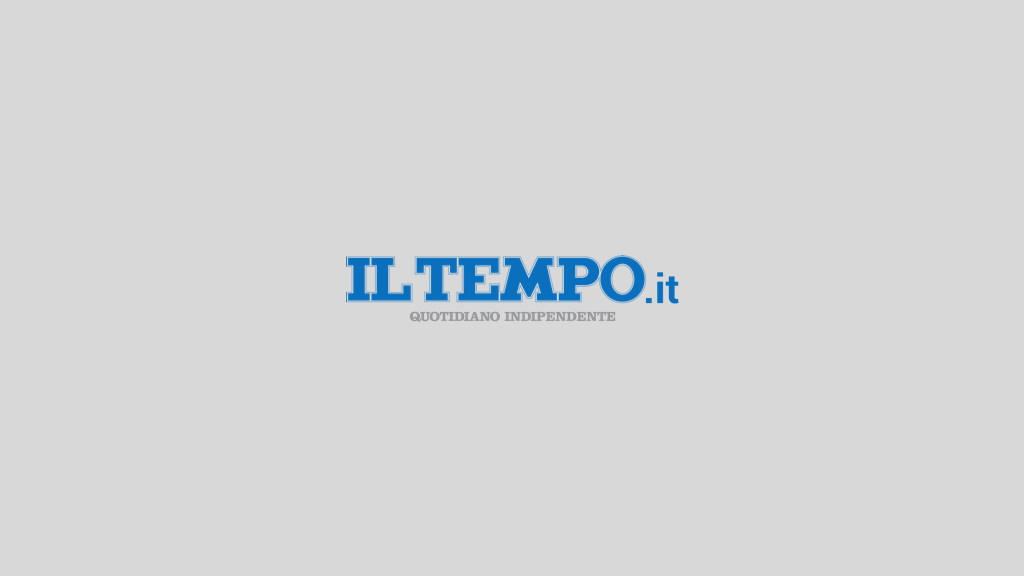(Adnkronos) – Having reached this milestone, the second phase of the industrial contract led by Ohb System Ag as main contractor with Thales in France and Ruag Space System Switzerland as part of the core team can now begin phase two of the industrial contract. “The telescope development team, led by INAF, coordinated activities in these two hectic years very effectively despite the pandemic that has made it nearly impossible to visit the laboratories of international partners,” says Luca Valenziano of INAF, director of the Plato Camera Project. “The average achievement achieved with this achievement makes us proud and confident of the challenging phase of tool-building that will see Italian researchers at the forefront in nearly every area of this complex and ambitious task,” he comments again.
Responsibility for the supply of Plato’s payload rests with the European Space Agency in cooperation with a European consortium of institutes and industry, the Plato Mission Consortium, in accordance with the multilateral agreement with the European Space Agency. The Italian contribution to the payload is significant and obvious. Under the coordination of the Italian Space Agency – which funds industrial activities for the realization of the Italian parts of the mission and provides support to the scientific team – and the supervision of researchers INAV – the creators of the optical project – optics – the mechanical structures of the telescopes are being built and subjected to rigorous performance checks at Leonardo’s Florence factories, in collaboration with Thales Alenia Space Italia and SMEs Medialario, Hst and Silo.
Still under ASI format, and overseen by the INAF researchers, who also created the software, the on-board computer serving Payload was built at the Livorno factories by KayserItalia. Finally, a team of researchers and engineers in Enav is coordinating the development and verification activities of all telescopes that are carried out in industries and research institutes in European countries belonging to the Plato Task Consortium. Mario Salati, Asi Program Director for the Development of the Optical Part of Telescopes, talks about Plato’s definition of it as an “extraordinary mission” because it “offers, in some ways, the philosophies of string production in the space sector where one-off instruments exist, prototypes are used naturally.” “.

“Infuriatingly humble alcohol fanatic. Unapologetic beer practitioner. Analyst.”


